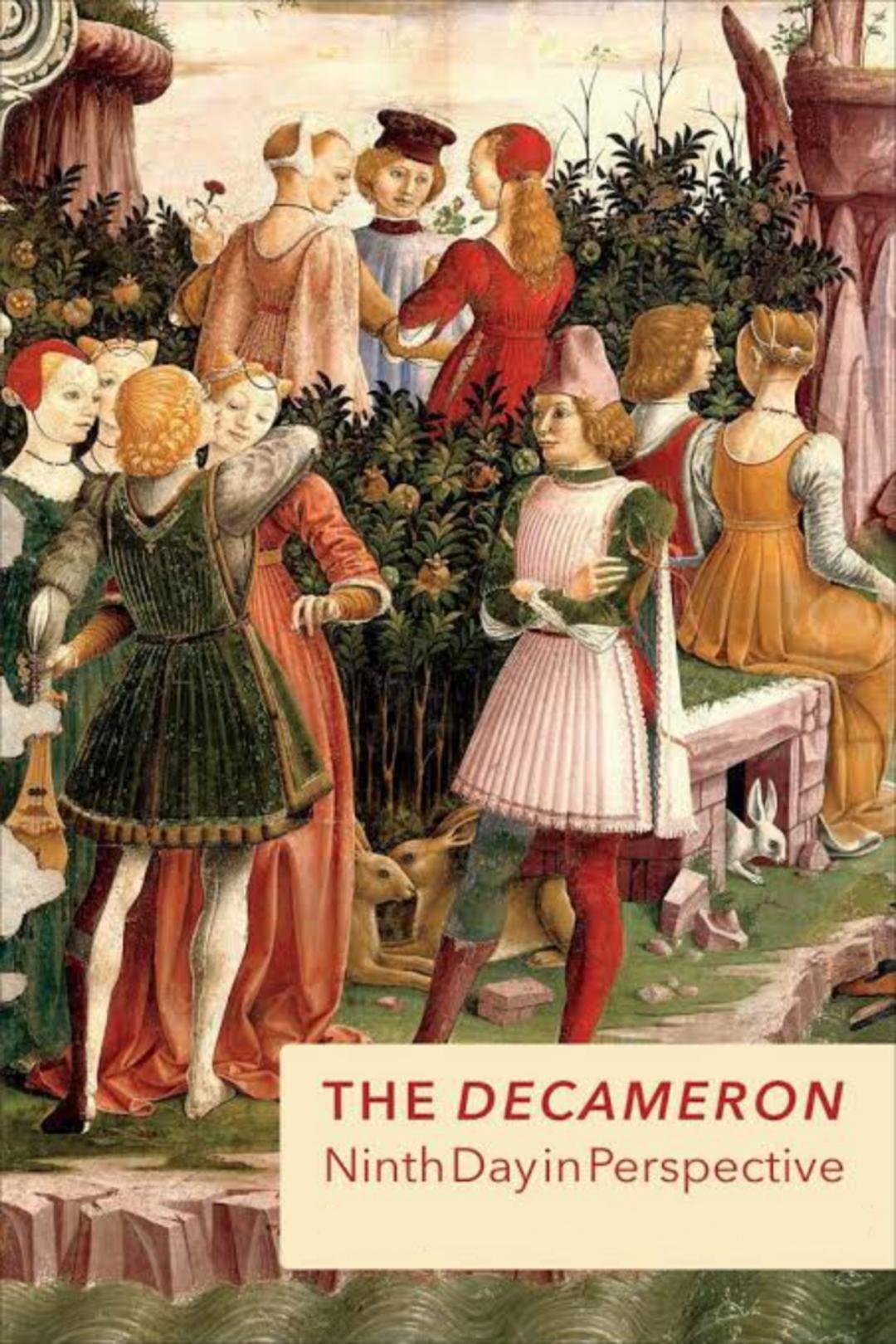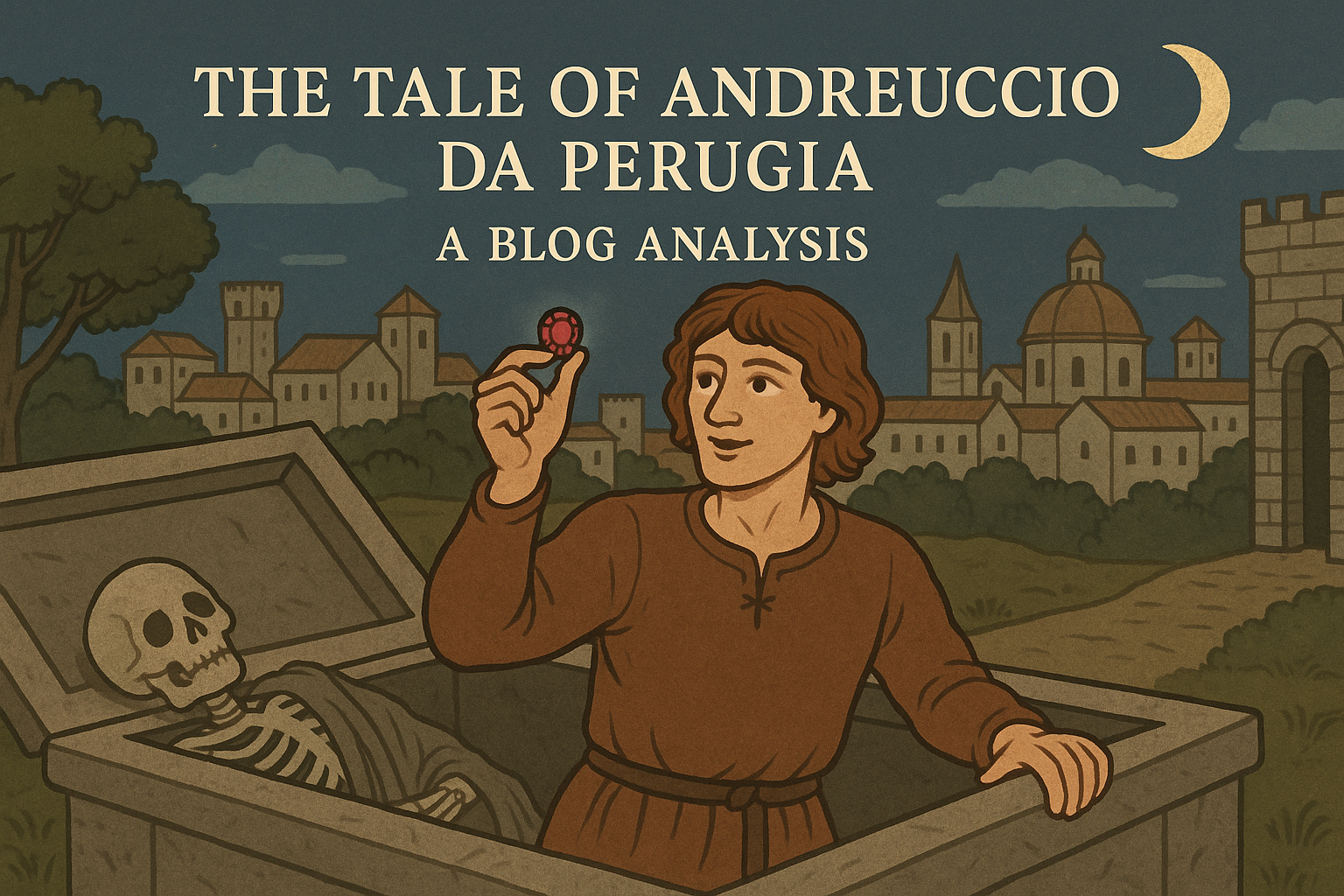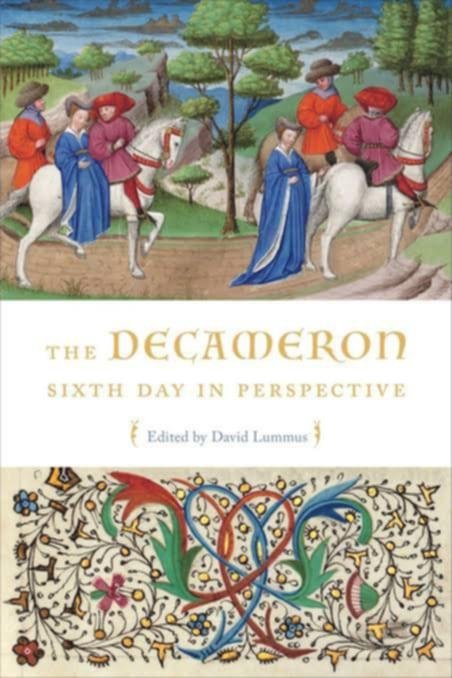"Don't be deceived: Can lust be love? or will some magic and delusion turn into love?"

Introduction:
Giovanni Boccaccio’s Decameron, tales often explore the complex relationship between love, lust, and human folly. The Ninth Day, Fifth Story, featuring Calandrino, illustrates how unchecked desire and desperation can lead to delusion and foolish behavior. Can love be accompanied by lust and delusion or is it lust and delusion pretending to be love? Our desires and desperation to have something or someone can lead us to foolishness and even misfortune. But what can we do to fight the temptation, and if it succeeds what would be the consequences?
Summary:
Calandrino, a gullible and foolish painter, falls in love with a prostitute named Niccolosa, who is staying at a countryside estate where he is working. His cunning friends, Bruno and Buffalmacco, notice his infatuation and devise a prank. They convince Calandrino that a magic talisman will compel Niccolosa to fall for him if he touches her with it. So Calandrino searched for bizarre ingredients. Bruno forges the talisman and conspires with Niccolosa, Filippo, (the son of the owner of the house where they are working) and others to stage the encounter. Calandrino touches Niccolosa with the talisman, believing she is now magically compelled to love him. She theatrically plays along, following into a barn and pretending to be madly in love. At that moment, Bruno asked Nello to bring Calandrino’s wife, Tessa, to catch them together. Enraged, she storms in, beats Calandrino, and humiliates him. That ends with Calandrino leaving the estate in shame, and fear of Filippo's wrath, his romantic fantasies crushed, and his wife scolding and humiliating her endlessly.
Analysis:
A tale about Calandrino is one of several involving the comical figure. This approach combines satirical and comedic, using a realistic, anecdote style to critique human behavior. It is used to illustrate a point, reveal character traits and most especially to entertain readers with personal, but often humourous or insightful stories. The story is rich in visual comedy and dialogue with exaggerated expressions that lend themselves well to entertaining and oral storytelling.
The beliefs in supernaturals and magic greatly influenced the tale as the character plays a role that represents the people in the 1300's. This influences their way of thinking, and ability to distinguished and calculate situations between their beliefs in fantasy or real-life reasoning. In combining fantasy and reality, the power of the mind and other's words can deceive or fuel someone's feelings and perception of reality.
This tale serves as both a comedic lesson and a reflection on human weakness, through irony and farce he delivers a lesson on how people often bring misfortune upon themselves by refusing to see the truth and with the influence of their ignorance. Just like how Calandrino was fooled because he let his delusions drive him to make wrong decisions, believing in some magical talisman rather than the possibility that Niccolosa doesn't have feelings for him led to a tragic ending between him and his wife. This shows human weakness is within themselves.
Personal Response:
The story uses many literary devices that contribute to its beautiful narration and construction, being realistic and with a mix of comedy and exaggeration of characters adds fun and humor to the overall impact of the tale to the readers. I also like that the tale didn't only focus on bringing entertainment to the reader but also a beautiful, meaningful and deep story that other people can reflect on and gain some lesson. I enjoyed the story and how the author points out his purpose in the tale using symbolism and characters' expression, reminding us where can our emotions lead us if we let them take control.
Conclusion:
Lust will sometimes push us to do the things we don't normally do and some things that aren't right, being driven by this temptation of ours prevents us from thinking about our decisions in life and what can be the consequences. This happens to Calandrino when he pursues his desires for Niccolosa knowing that she also loves him but later surprised that he is fooled. His experience shows how ignorance and poor decisions, especially when driven by lust, can lead not to love, but to humiliation. The tale's message is to never be deceived by lust pretending to be love nor by our self-delusion that fuels us to make poor decisions that we potentially regret in the end.








